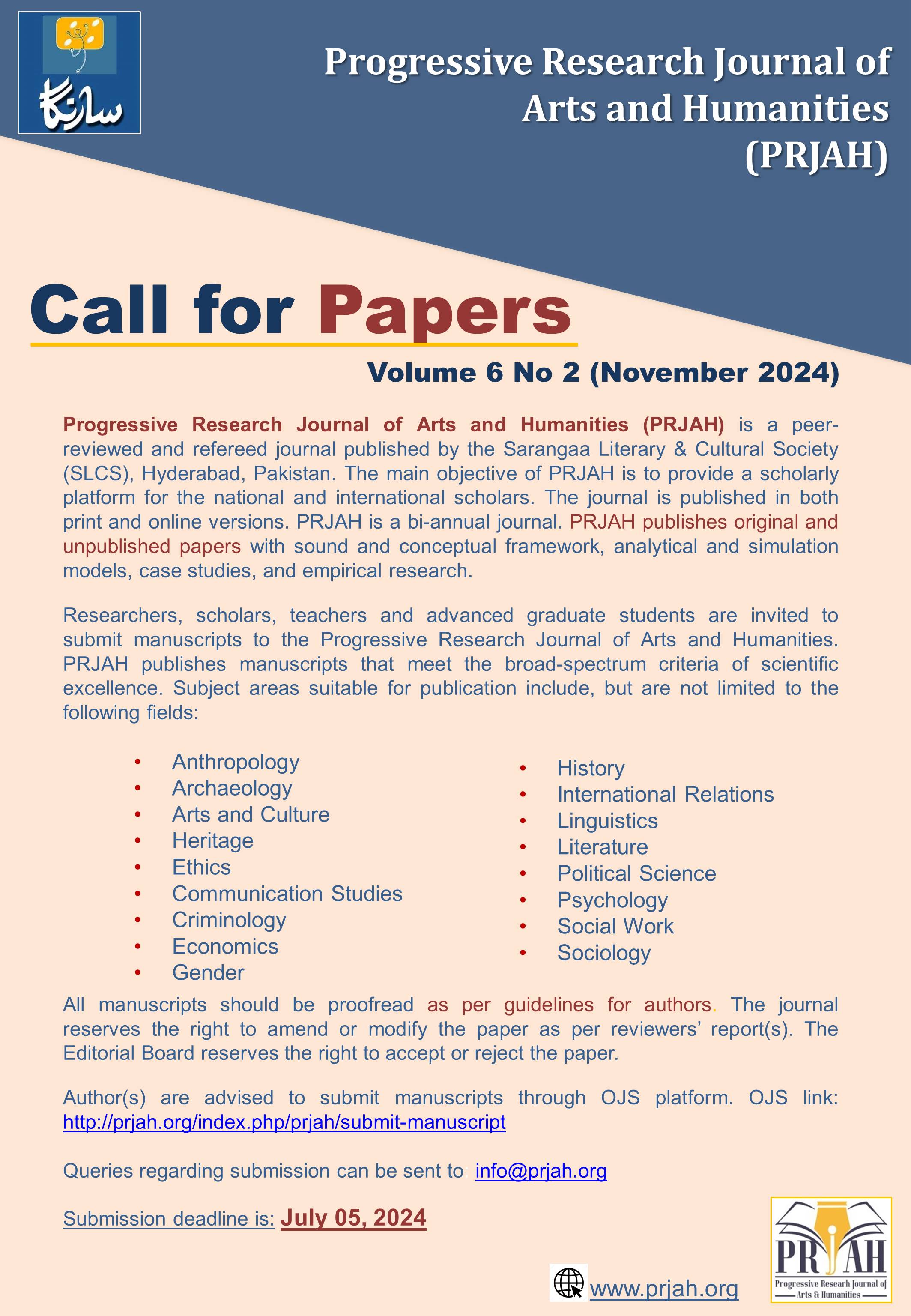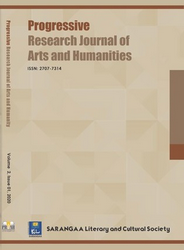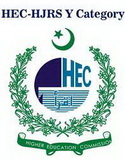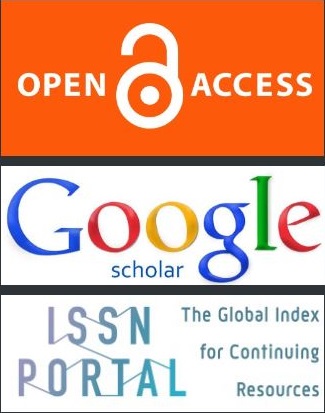Madrassa Reforms under Pervez Musharraf: Policy, Implementation and Challenges (1999-2008)
Keywords:
Education, Madrassa, Musharraf’s Policy, War on Terror, 9/11Abstract
The Musharraf administration-initiated madrassa reform on August 18, 2001, shortly before the transformative events of 9/11, which profoundly affected global affairs. Faced with heightened international pressure, especially from the Bush administration, Pervez Musharraf was obliged to align Pakistan with the war on terror, thereby complicating the government's educational reform agenda. A central element of this reform was the establishment of the Pakistan Madrassa Education Board, intended to incorporate madrassas into the national educational system. Nevertheless, these initiatives encountered strong resistance from the Ulama, who feared that madrassa autonomy would be undermined. Their concerns focused on three main points: first, that government officials should refrain from intervening in Madrassa internal affairs; second, that any changes to the traditional curriculum should be avoided to preserve established educational practices; and third, that the creation of Deni Madaris under government auspices could result in undue state control over madrassa content and operations. Despite assurances from the Musharraf administration that these fears were unfounded, the Ulama remained suspicious, particularly regarding the possibility that future governments might impose more intrusive measures. Consequently, the reform process was marked by a dynamic tension between governmental objectives and the entrenched interests of religious scholars, underscoring the complexities of educational reform within a highly politicized environment.References
Akhtar, S. (2012). Dynamics of USA-Pakistan relations in the post 9/11 period: Hurdles and future prospects. International Journal of Humanities and Social Science, 2(11), 205-213.
Amin, H., & Lodhi, M. (2015). Politics of Madrassa Reforms in Pakistan: The Case of Enlightened Moderation during General Musharraf Era. Pakistan Journal of Islamic Research, 16(1), 51-64.
Choudhary, G. (1968). Pakistan’s Relations with India (1947–66). In: London: Pall Mall Press.
Fair, C. C. (2004). The counterterror coalitions: Cooperation with Pakistan and India.
Grewal, Z. (2014). Islam is a foreign country: American Muslims and the global crisis of authority (Vol. 22). Nyu Press.
Haqqani, H. (2010). Pakistan: Between mosque and military. Carnegie endowment.
Hoodbhoy, P. (2023). Pakistan: Origins, identity and future. Routledge India.
Hussain, Z. (2010). The scorpion's tail: The relentless rise of Islamic militants in Pakistan-and how it threatens America. Simon and Schuster.
Jabeen, M., Mazhar, M. S., & Goraya, N. S. (2010). Trends and challenges in Pak-US relations: Post September 11. South Asian Studies, 25(02), 185-198.
Jabeen, M., Mazhar, P. D. M. S., & Goraya, N. S. (2020). US Afghan Relations: A Historical Perspective of Events of 9/11. South Asian Studies, 25(1).
Jalal, A. (2014). The struggle for Pakistan: A Muslim homeland and global politics. Harvard University Press.
Kardousd, M., & Javaid, U. (2017). Foreign Policy of Pakistan Towards India In Musharraf Era. The Journal of Political Science (JPS), 35(1), 40-51.
Kux, D. (2001). The United States and Pakistan, 1947-2000: Disenchanted Allies. Woodrow Wilson Centre Press.
Lodhi, M. (2011). Pakistan: beyond the'crisis state'. (No Title).
Lodhi, M. S. (2015). Madrassa-State Relations: An Analysis of the State Policies during General Zia-ul-Haq (1977-1988) and General Pervez Musharraf (1999-2008) Era International Islamic University, Islamabad].
Mir, A. (2010). Talibanisation of Pakistan from 9/11 to 26/11 and beyond. Pentagon Press.
Musharraf, P. (2006). In the line of fire: A memoir. Simon and Schuster.
Neumann, P. R., & Smith, M. L. (2005). Strategic terrorism: The framework and its fallacies. Journal of Strategic Studies, 28(4), 571-595.
Pande, A. (2011). Explaining Pakistan's foreign policy: escaping India. Routledge.
Sajjad, M. F. (2013). Reforming madrasa education in Pakistan: Post 9/11 perspectives. Journal of Islamic Thought and Civilization, 3(1), 103-121.
Singh, A. (2009). Pakistan’s Stability/Instability Complex: The Politics and Reverberations of the 2007 November Emergency. Strategic Studies Quarterly, 3(4), 22-48.
Akhtar, S. (2012). Dynamics of USA-Pakistan relations in the post 9/11 period: Hurdles and future prospects. International Journal of Humanities and Social Science, 2(11), 205-213.
Amin, H., & Lodhi, M. (2015). Politics of Madrassa Reforms in Pakistan The Case of Enlightened Moderation during General Musharraf Era. Pakistan Journal of Islamic Research, 16(1), 51-64.
Bashir, M., & Ul-Haq, S. (2019). Why madrassah education reforms don’t work in Pakistan. Third World Quarterly, 40(3), 595-611.
Choudhary, G. (1968). Pakistan’s Relations with India (1947–66). In: London: Pall Mall Press.
Fair, C. C. (2004). The counterterror coalitions: Cooperation with Pakistan and India.
Grewal, Z. (2014). Islam is a foreign country: American Muslims and the global crisis of authority (Vol. 22). Nyu Press.
Haqqani, H. (2010). Pakistan: Between mosque and military. Carnegie endowment.
Hoodbhoy, P. (2023). Pakistan: Origins, identity and future. Routledge India.
Hussain, Z. (2010). The scorpion's tail: The relentless rise of Islamic militants in Pakistan-and how it threatens America. Simon and Schuster.
Jabeen, M., Mazhar, M. S., & Goraya, N. S. (2010). Trends and challenges in Pak-US relations: Post September 11. South Asian Studies, 25(02), 185-198.
Jabeen, M., Mazhar, P. D. M. S., & Goraya, N. S. (2020). US Afghan Relations: A Historical Perspective of Events of 9/11. South Asian Studies, 25(1).
Jalal, A. (2014). The struggle for Pakistan: A Muslim homeland and global politics. Harvard University Press.
Kardousd, M., & Javaid, U. (2017). Foreign Policy of Pakistan Towards India In Musharraf Era. The Journal of Political Science (JPS), 35(1), 40-51.
Kux, D. (2001). The United States and Pakistan, 1947-2000: Disenchanted Allies. Woodrow Wilson Center Press.
Lodhi, M. (2011). Pakistan: beyond the'crisis state'. (No Title).
Lodhi, M. S. (2015). Madrassa-State Relations: An Analysis of the State Policies during General Zia-ul-Haq (1977-1988) and General Pervez Musharraf (1999-2008) Era, International Islamic University, Islamabad].
Mir, A. (2010). Talibanisation of Pakistan from 9/11 to 26/11 and beyond. Pentagon Press.
Musharraf, P. (2006). In the line of fire: A memoir. Simon and Schuster.
Neumann, P. R., & Smith, M. L. (2005). Strategic terrorism: The framework and its fallacies. Journal of Strategic Studies, 28(4), 571-595.
Pande, A. (2011). Explaining Pakistan's foreign policy: escaping India. Routledge.
Rabbi, F., & Habib, S. (2019). Discourse on Madrassa Education Reform in Pakistan: Challenges to State Narrative and its Implications. Al Basirah, 8(1).
Sajjad, M. F. (2013). Reforming madrasa education in Pakistan: Post 9/11 perspectives. Journal of Islamic Thought and Civilization, 3(1), 103-121.
Sattar, A. (2024). Analysis of Efforts to Modernize and Diversify the Curriculum of Madrassas in Pakistan. Tanazur, 5(2), 139-154.
Shafiq, M., Azad, A. R., & Munir, M. (2019). Madrassas reforms in Pakistan: A critical appraisal of present strategies and future prospects. Journal of Educational Research, 22(2), 152-168.
Singh, A. (2009). Pakistan’s Stability/Instability Complex: The Politics and Reverberations of the 2007 November Emergency. Strategic Studies Quarterly, 3(4), 22-48.
Wang, L. (2010). Talibanization in the tribal areas of Pakistan. Journal of Middle Eastern and Islamic Studies (in Asia), 4(1), 74-100.
Downloads
Published
How to Cite
Issue
Section
License
Copyright (c) 2025 Progressive Research Journal of Arts & Humanities (PRJAH)

This work is licensed under a Creative Commons Attribution 4.0 International License.






